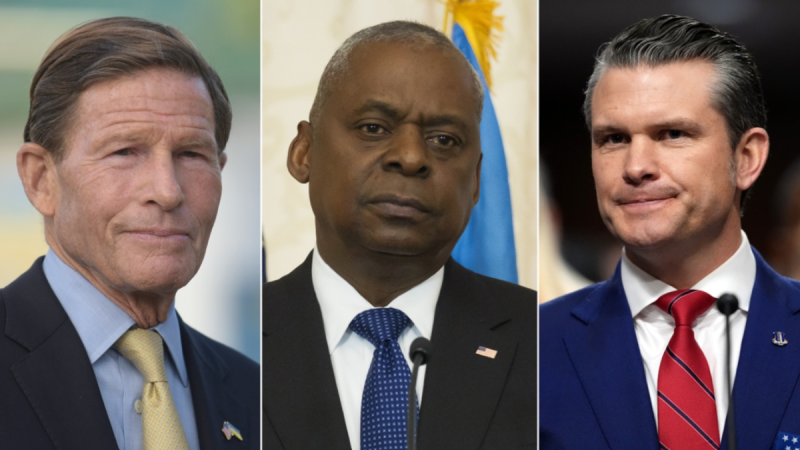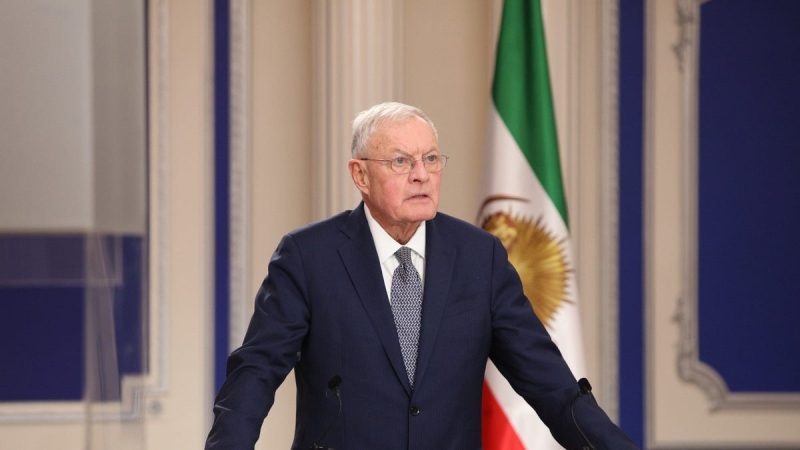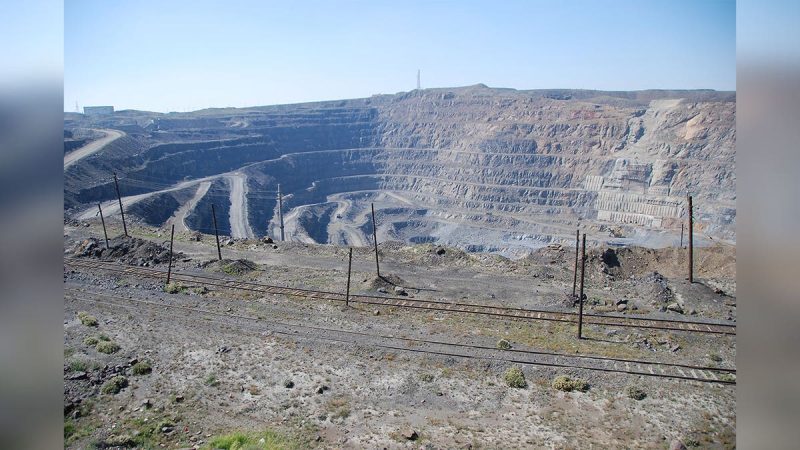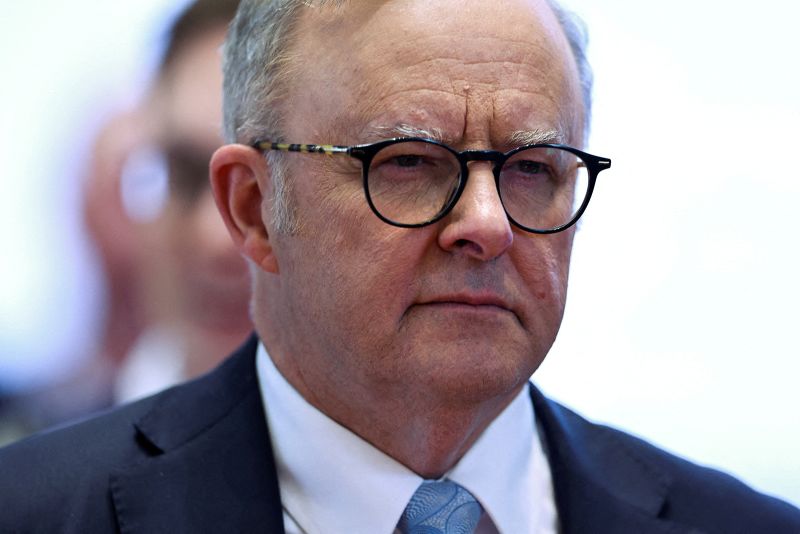
A Democrat senator admitted Tuesday that he would support Secretary of Defense Lloyd Austin’s confirmation again if the vote was held today despite Austin’s many controversial actions and repeatedly grilling Trump’s SecDef nominee Pete Hegseth over his qualifications earlier in the day.
Would you vote for Lloyd Austin if there were a vote on him today?’ Fox News Digital asked Blumenthal on Tuesday.
I would support General Austin as Secretary of Defense,’ Blumenthal responded. ‘I did when he was nominated. I would support Secretary Mattis that was nominated by President Trump during his first term. I would not support this nominee because [Hegseth] lacks the financial management skills, the character and confidence, as well as the moral compass.’
During the hearing, Blumenthal told Hegseth, ‘I don’t believe that you can tell this committee, or the people of America that you are qualified to lead them. I would support you as the spokesperson for the Pentagon. I don’t dispute your communication skills, but I believe that we are entitled to the facts here.’
Austin has been widely criticized by conservatives, as well as some Democrats, for presiding over the chaotic and deadly withdrawal from Afghanistan as well as several other perceived missteps during his tenure, including a situation where he was forced to directly apologize to President Biden for not informing him that he was hospitalized.
‘Defense Secretary Lloyd Austin oversaw the catastrophic Afghanistan withdrawal, let the Chinese make rapid advancements to catch up to our defense capabilities, went MIA for days leaving the Pentagon without a leader, prioritized DEI policies over defense needs, and allowed Biden’s policy of appeasement,’ GOP House Speaker Mike Johnson posted on X on Tuesday. ‘We need a DECISIVE leader who can focus the Department of Defense on its mission of protecting America. We need Pete Hegseth.’
Rep. Cory Mills, R-Fla., an Army veteran of both the Iraq and Afghanistan wars, unsuccessfully handed Austin articles of impeachment in 2023, blaming him for a ‘25,000-plus recruitment shortage’ and saying there were ‘8,400 people who were unconstitutionally purged from the military … you’ve got pronouns and DEI [diversity, equity and inclusion] being taught at our military academies when we need to be focusing on what the next threat is and how we mitigate it.’
‘Not only do I believe that you should have resigned … I myself perceive this as a dereliction of duty, and I take that very seriously,’ Mills told Austin during the hearing before recounting what he believed were Austin’s failures during the Afghanistan withdrawal. ‘Political optics was placed above the true military strategy, where we should have held Bagram Air Base, held the detention center … not shut down and entrap Americans by taking over HKIA (Hamid Karazai International Airport), the commercial airspace and abandoning thousands of Americans.’
Conservatives on social media also brought up a controversy from 2010 when Blumenthal was first running for Senate, where he suggested on multiple occasions he had served in Vietnam when he had not. Blumenthal, who received several draft deferments before serving in the Marine Corps. Reserve, ultimately acknowledged that he had ‘misspoken’ about his record but described those instances as few and far between.
‘Democrat Senator Richard Blumenthal, who lied about serving in Vietnam to get elected, berating combat vet Pete Hegseth is a bit hard to take,’ Fox News contributor Katie Pavlich posted on X on Tuesday.
‘Reminder: Sen. Blumenthal lied for his entire adult life about fighting in a war that he did not,’ Fox News contributor Guy Benson posted on X.
In a statement to Fox News Digital, Sen. Blumenthal made the case that Tuesday’s hearing was about Hegseth’s record and not his.
‘The people of Connecticut have always been clear about my record of military service, which is why they overwhelmingly elected me three times to the United States Senate,’ Blumenthal said. ‘This hearing was about Pete Hegseth’s record of alleged sexual assault, alcohol abuse, and financial mismanagement that showed him to be unqualified and unprepared to command 3.4 million Americans who protect our nation’s security.’
Fox News’ Michael Lee contributed reporting.
























